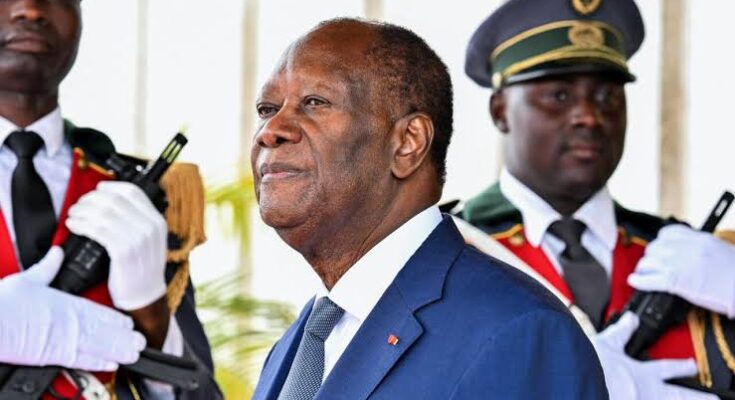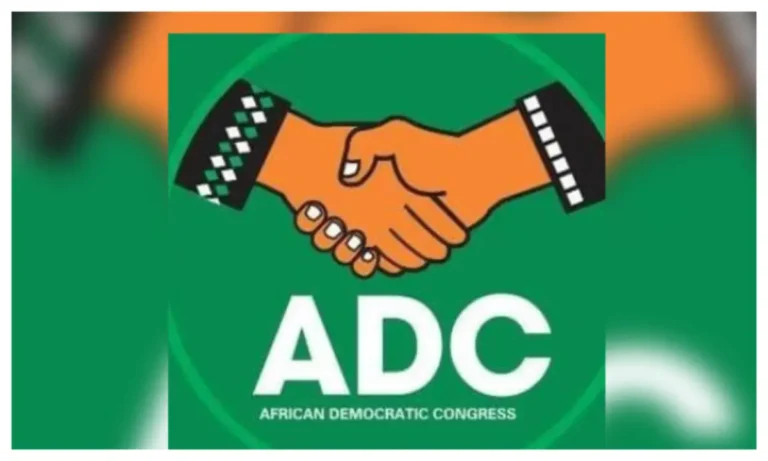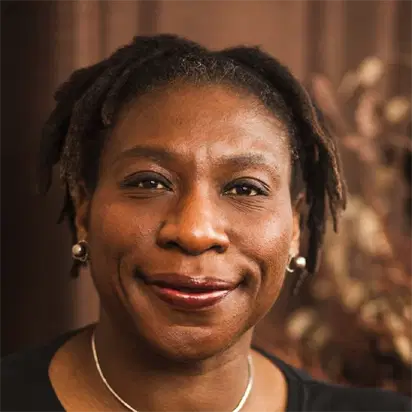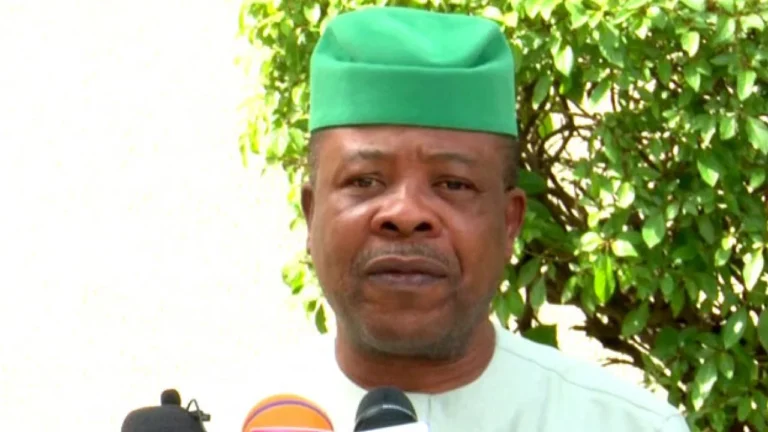
Ivory Coast President Alassane Ouattara has officially announced his candidacy for a fourth term in the upcoming October 25 presidential election, a move that has ignited political tensions in the West African nation.
Ouattara, 83, who has ruled since 2011, confirmed his decision on Tuesday after months of speculation. Although his ruling party — the Rally of Houphouetists for Democracy and Peace (RHDP) — had nominated him earlier, he had remained silent until now.
“I am a candidate because the constitution of our country allows me to run for another term and my health permits it,” Ouattara said. He pointed to the nation’s mounting economic, monetary, and security challenges, asserting that only experienced leadership could steer the country through them.
Ivory Coast, the world’s largest cocoa producer, is grappling with a deepening political divide, exacerbated by the exclusion of several prominent opposition figures from the race. Critics have accused Ouattara of clinging to power and manipulating legal mechanisms to sideline challengers.
The main opposition parties — the African People’s Party of Ivory Coast (PPACI) led by former president Laurent Gbagbo, and the Democratic Party of Ivory Coast (PDCI) headed by ex-international banker Tidjane Thiam — have launched a joint campaign demanding the reinstatement of disqualified candidates.
Key opposition figures, including Gbagbo, former prime minister Guillaume Soro, and Charles Blé Goudé, remain barred from contesting due to past criminal convictions. Thiam was excluded over nationality concerns.
Ouattara’s political journey began during the final years of Ivory Coast’s founding president, Félix Houphouët-Boigny, who appointed him to manage the country’s economic recovery. Following Houphouët-Boigny’s death in 1993, Ouattara was caught in a power struggle with then-parliament speaker Henri Konan Bédié, eventually leaving the country to return to international financial institutions.
His early political ambitions were twice thwarted by nationality laws in 1995 and 2000, before he finally contested and won the presidency in 2010. The election sparked a deadly conflict after then-president Gbagbo refused to accept defeat, resulting in over 3,000 deaths.
Although Gbagbo was later acquitted of crimes against humanity by the International Criminal Court, he still faces domestic convictions in Ivory Coast.
Ouattara’s controversial 2020 re-election — following a disputed interpretation of constitutional term limits — was widely boycotted by the opposition. Now, as he seeks yet another term, the stage is set for a highly contentious election, with fears mounting over potential unrest.
(AFP)


